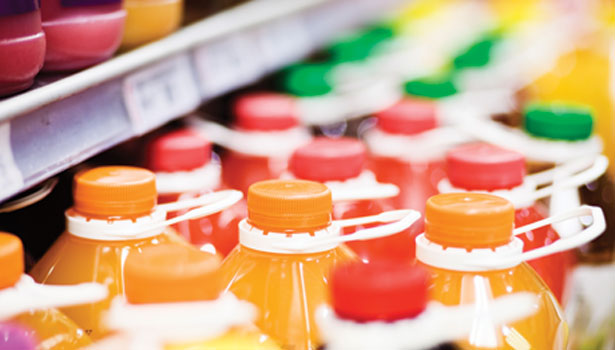“Taxing sugar-sweetened beverages will not reduce obesity, nor will it have a truly meaningful impact on obesity-related health conditions such as diabetes or coronary disease. In fact, using assumptions based on ‘lacking or inconclusive’ evidence, the authors estimate their proposed tax would result in an average weight loss of less than one pound per year – an insignificant amount for an obese person. Importantly, a wide range of factors contribute to these health conditions and singling out one set of products in such an overly simplistic manner only undermines efforts to combat them. This paper is nothing more than another attempt by researchers and their supporters who have long advocated discriminatory taxes on beverages to promote a beverage tax, which will have no impact on public health. Consumers do not support these taxes and recognize them for what they truly are – a money grab to raise revenue, as noted by the authors themselves.”
On sugar-sweetened beverages and taxes:
• Calories from sugar-sweetened beverages—including soft drinks, juice drinks, flavored waters and other beverages—make up only 5.5% of the calories in the American diet according to according to a National Cancer Institute analysis of government data submitted to the U.S. Dietary Guidelines Advisory Committee. That means more than 94% of our calories come from other sources.
• Sales of regular soft drinks declined by 12.5% from 1999-2010. Yet, obesity rates continued to rise at the same time.
• A review by George Mason University researchers showed that a 20% tax on soda would reduce an obese person’s Body Mass Index from 40 to 39.98 – an amount not even measurable on a bathroom scale.
• And, West Virginia and Arkansas are two states with an excise tax on soft drinks, yet both states rank among the 10 states with the highest obesity rates in the country, according to the Centers for Disease Control and Prevention.
From the January 14, 2012, Prepared Foods' Daily News.
